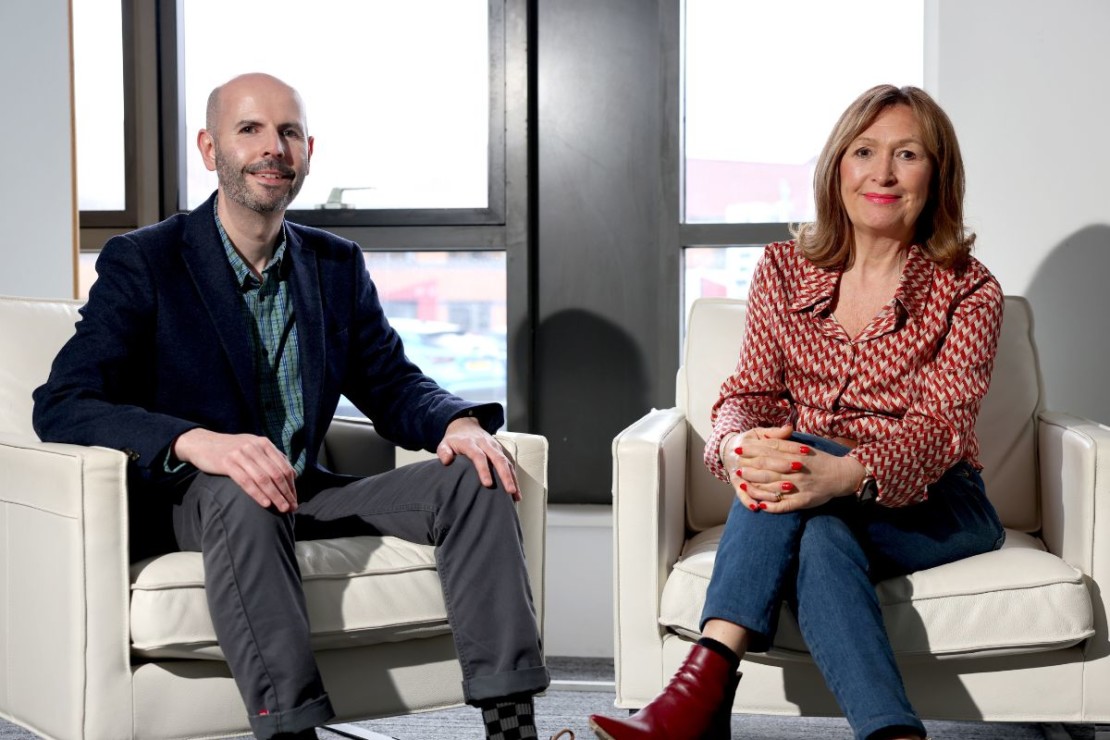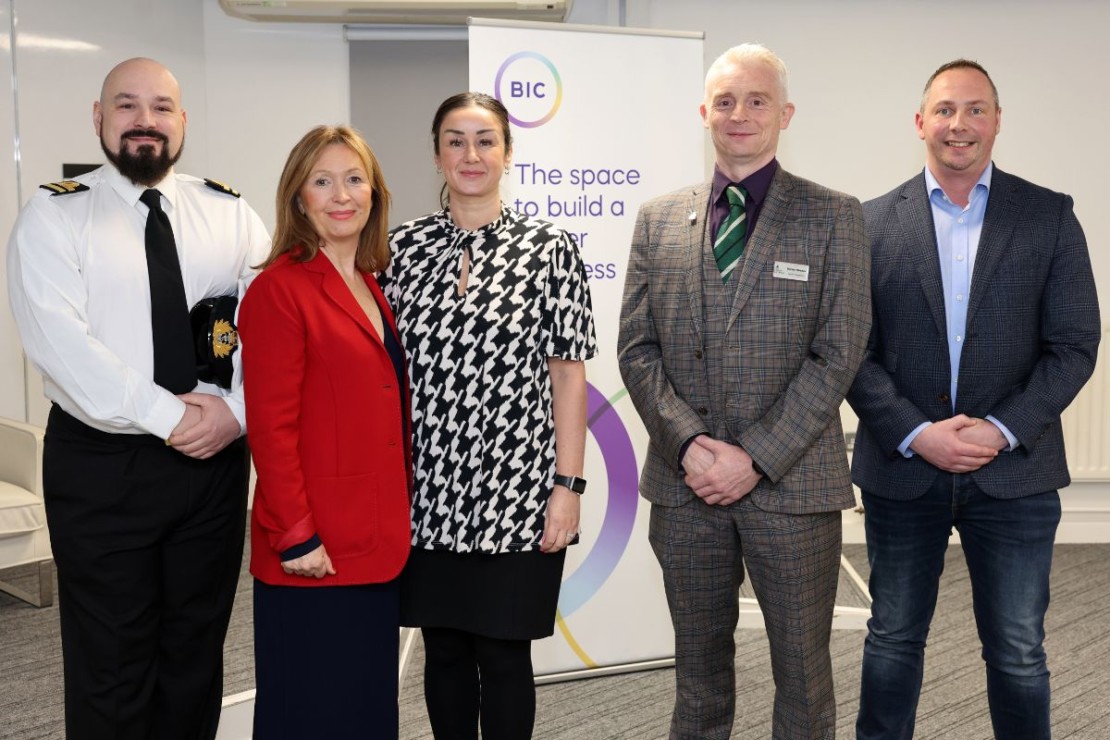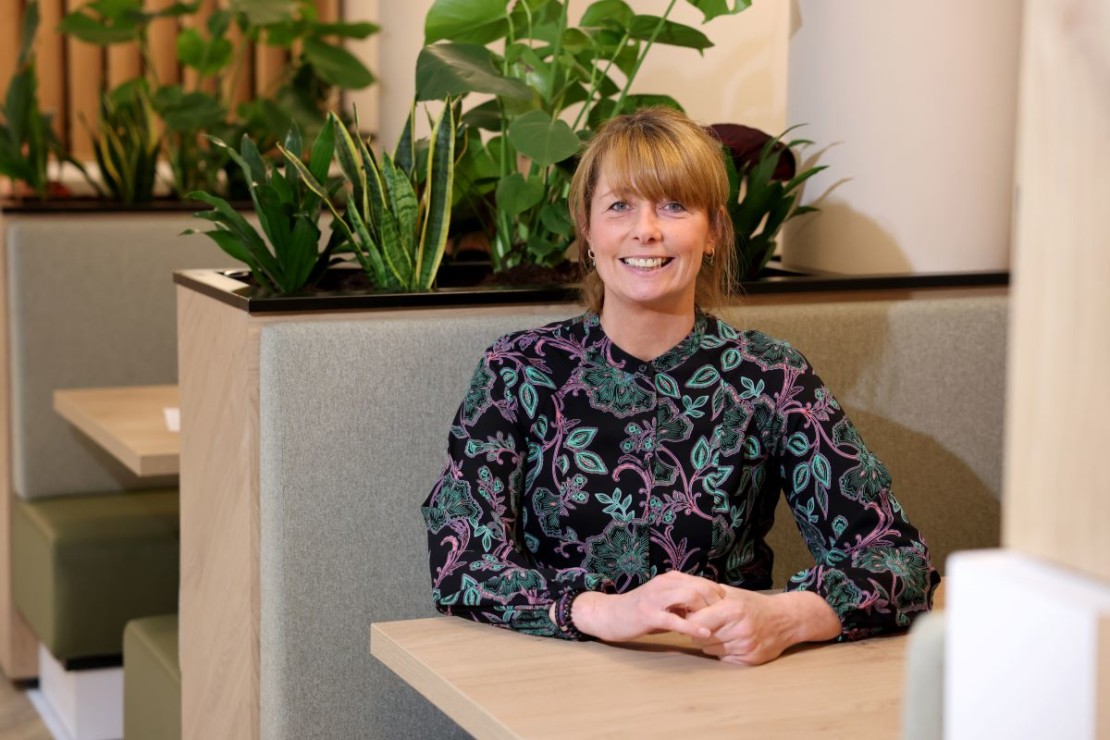Matt Boyle, president and chief executive officer Sevcon
Most people, familiar with the history, will tell you that for Scots the desire for Independence has always been more emotional than rational.
We Celts are a “wear your heart on your sleeve” type of people. Whilst it’s football, rugby or tidily winks that’s fine. However, when it’s a decision of whether to stand independent as a nation or not, a far more pragmatic and practical set of heads is required.
So who and where are they? You would think that for a point in time 300 years in the waiting, someone or group would have the arguments well thought through.
You would hope that informed data would have been gathered and detailed plans drawn up for most possible scenarios.
To some extent that is true, many interested parties, mainly the House of Lords from a data collection respect, the service sector of accountants and lawyers have from a constitutional and revenue generation perspective done some homework very lately. So why does it feel too little too late?
That the plans may exist but haven’t been communicated meaningfully to the eligible voter is a scandal without precedent. Great institutions like the Bank of England, private businesses based in Scotland do have plans for either eventuality but await the voters’ decision. Why?
In this vacuum has grown up an emotional firestorm which has pitted brother against brother. It’s polarizing a country which, outside of domestic football, has been seen around the world as a proud, canny, rational nation capable of really great things.
As I travel the world the Scottish education, legal systems, historical figures and achievements, whisky and golf for goodness sake are heralded as being better and unique from that of the UK, irrespective of whether it is part of the UK or not. So if the rest of the world sees us this way, why is independence essential?
Well on both sides of the debate you have to search pretty long and hard to find answers. One reason for this is that it has become clouded by party politics which has bred partisanship and divided a nation.
While commentators have declared the result of the two recent debates between Alex Salmond and Alistair Darling a score draw, there is little doubt in my mind that they exposed the serious flaws in the Independence case.
The key questions have remained unanswered despite Salmond being given the opportunity to do so on countless occasions. These are the lack of robust plans and policies to the crucial questions of what to do about the Pound, EU membership, defence and pensions to name a few?
So, in my opinion and that of many other Scots, the debate is emotional because the rational debate would annihilate the YES campaign. Unfortunately the Better Together campaign seems unable to get over an emotional response and knee jerk reaction to get the facts out in front of the electorate.
My nightmare scenario is a small NO vote, leading to years of uncertainty and continued bickering, and with polls showing the Better Together lead narrowing in the run up to the Independence Referendum we have to ensure the NO vote gets out in force and quashes this appallingly bad idea once and for all.


